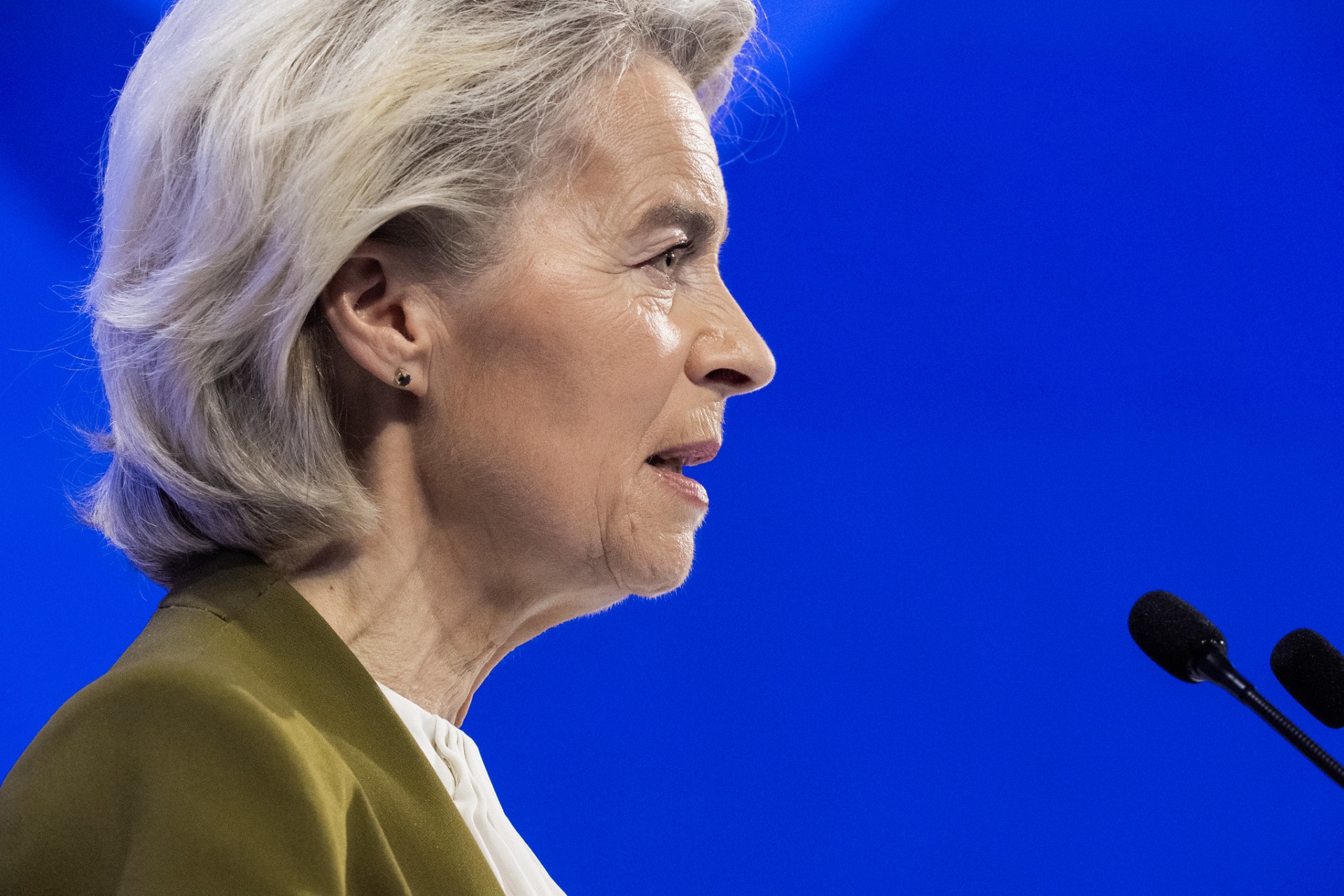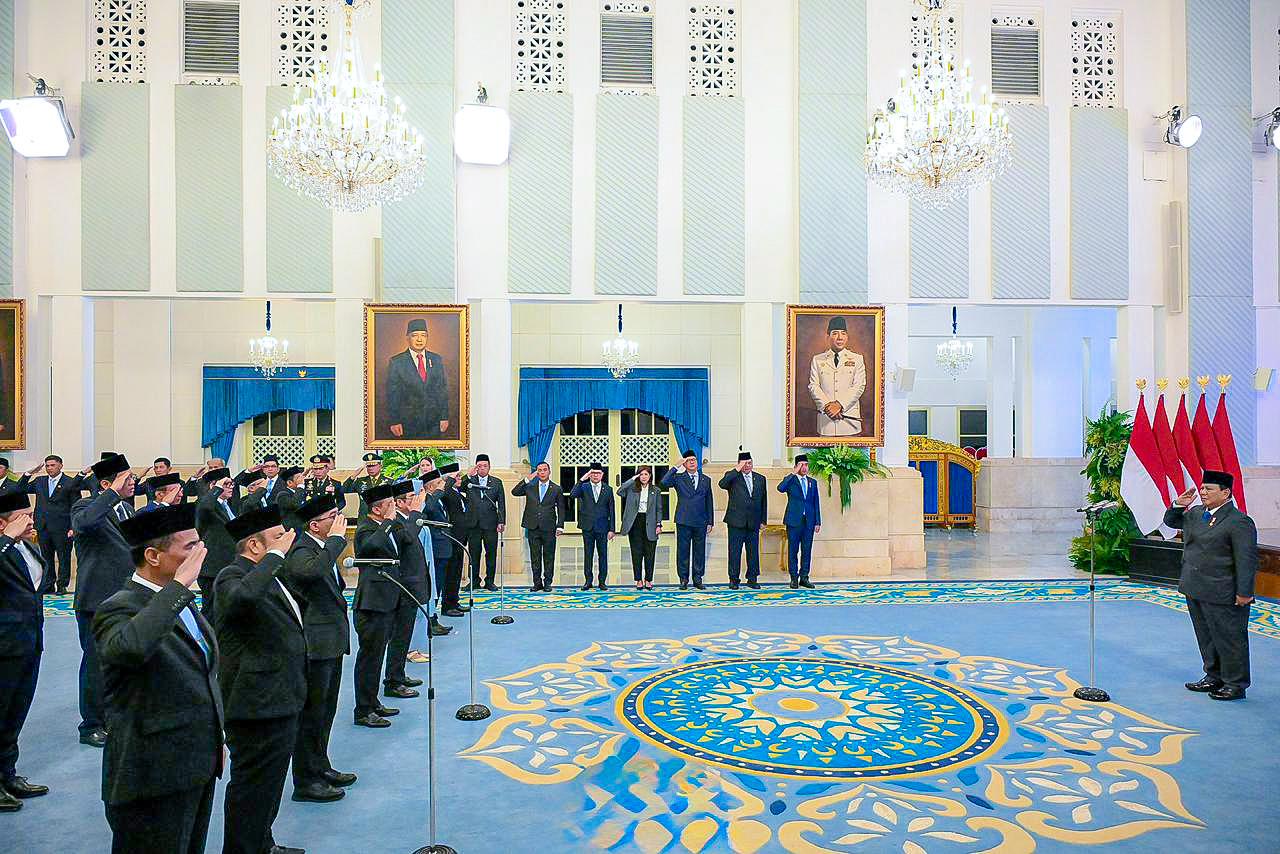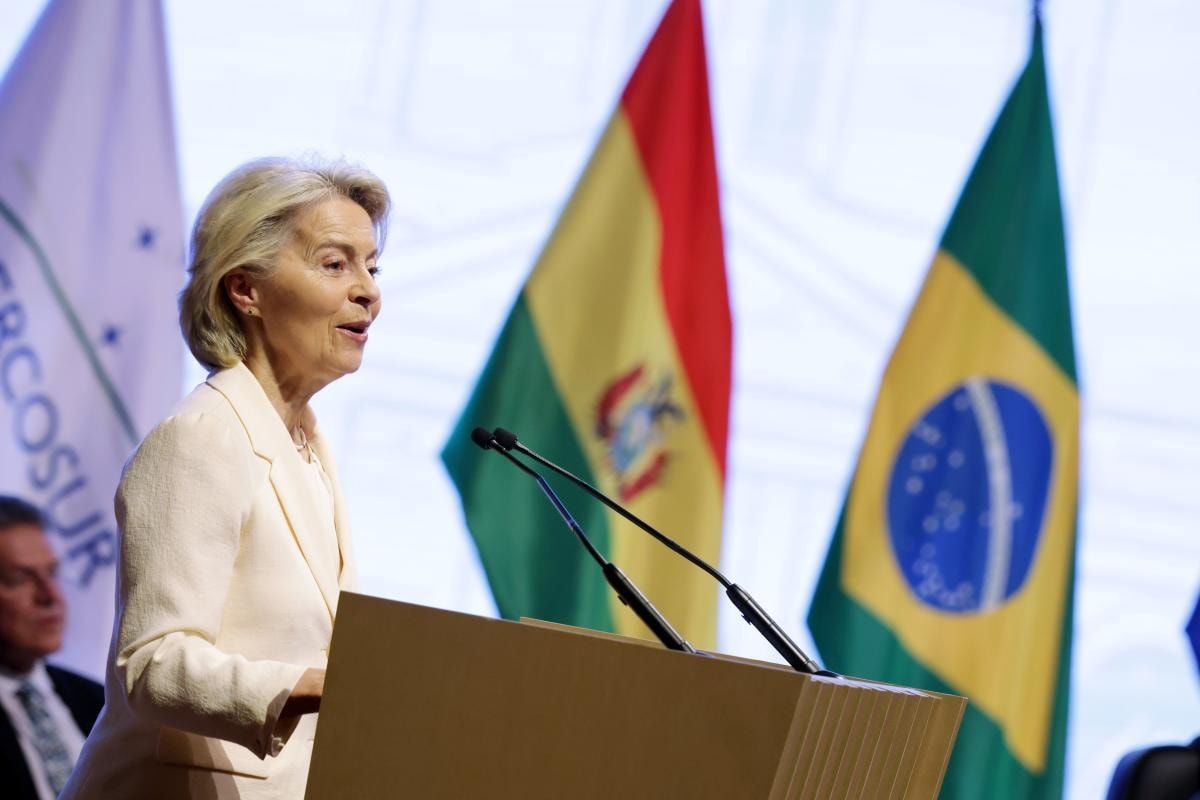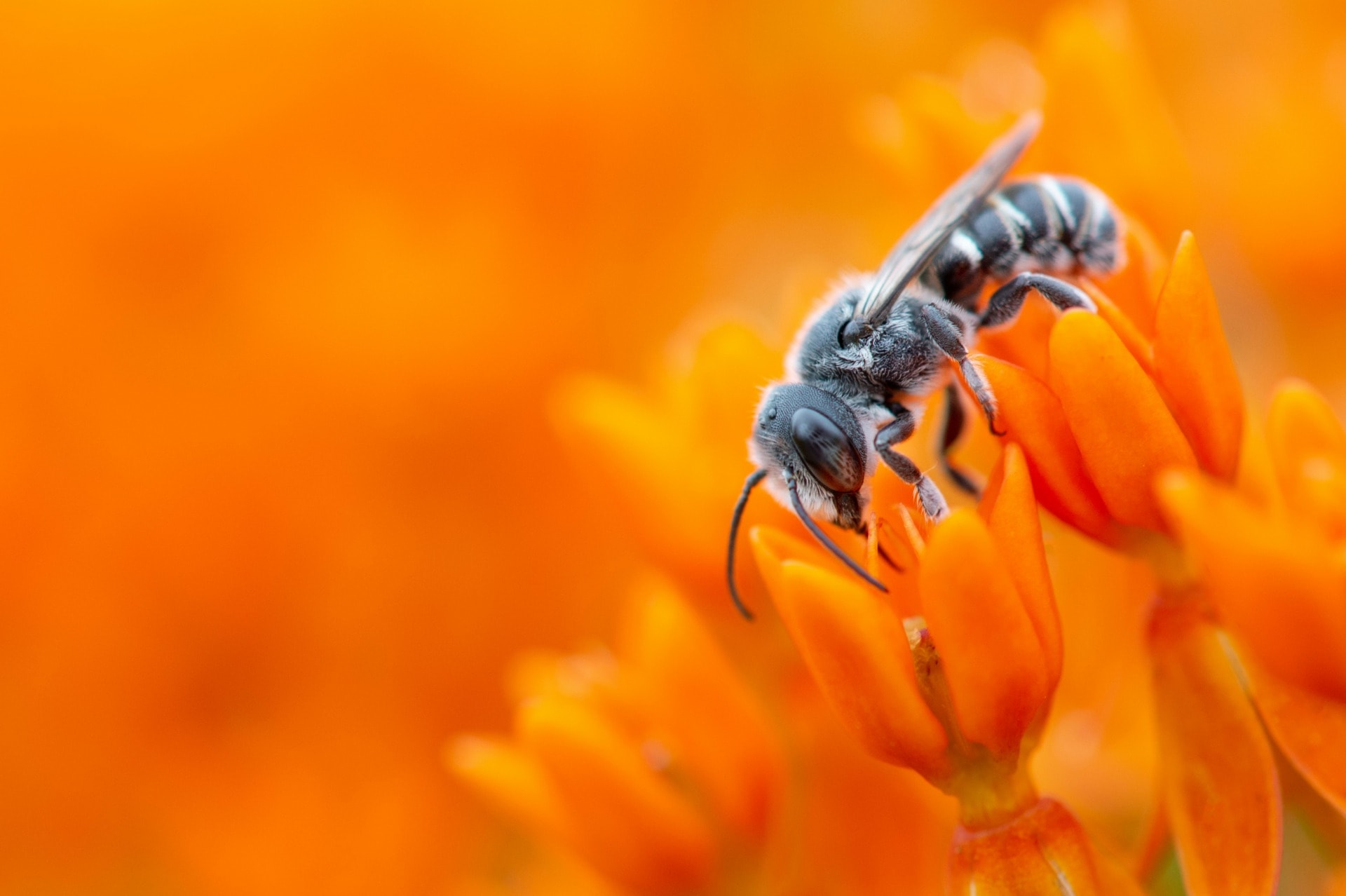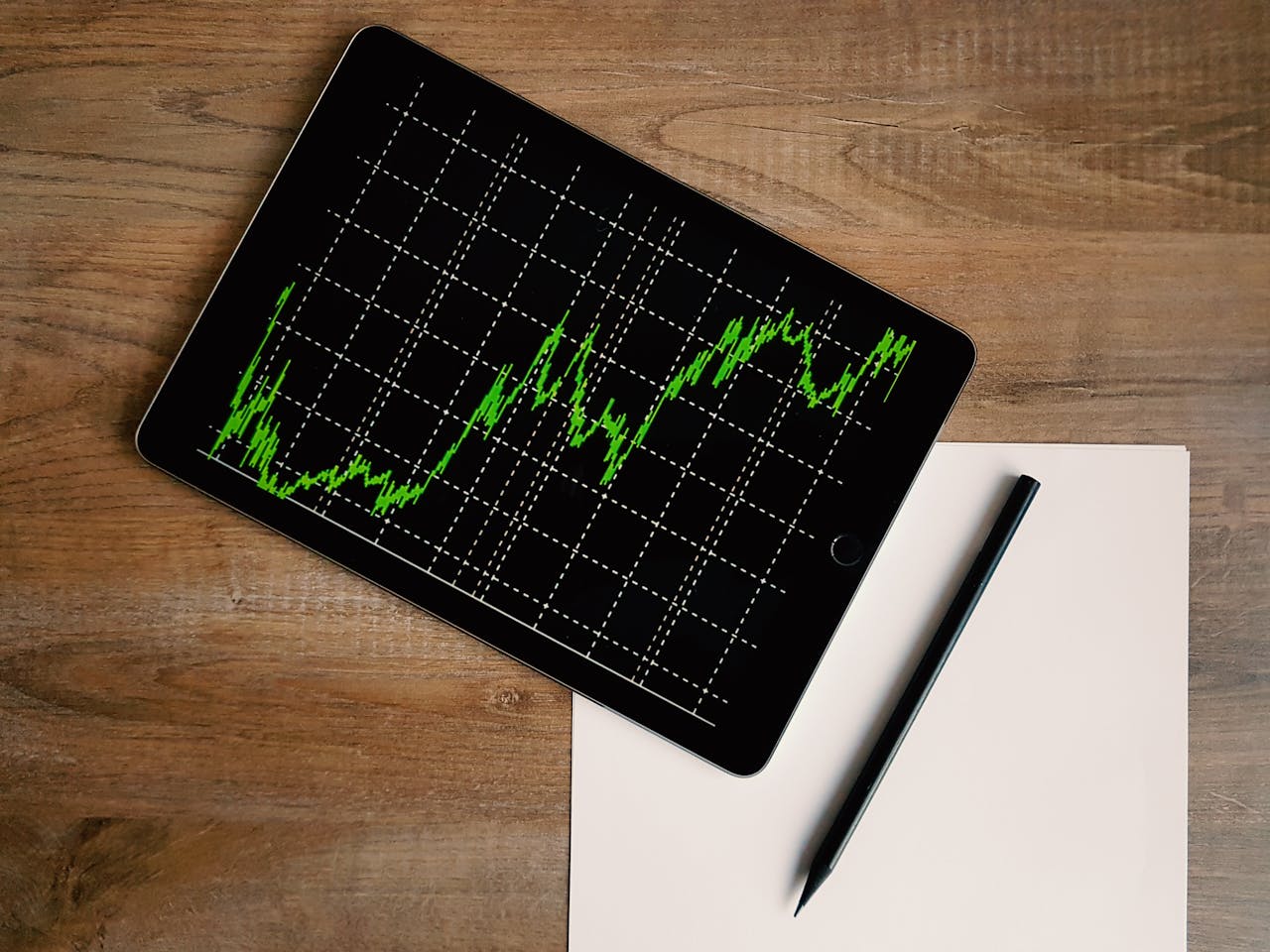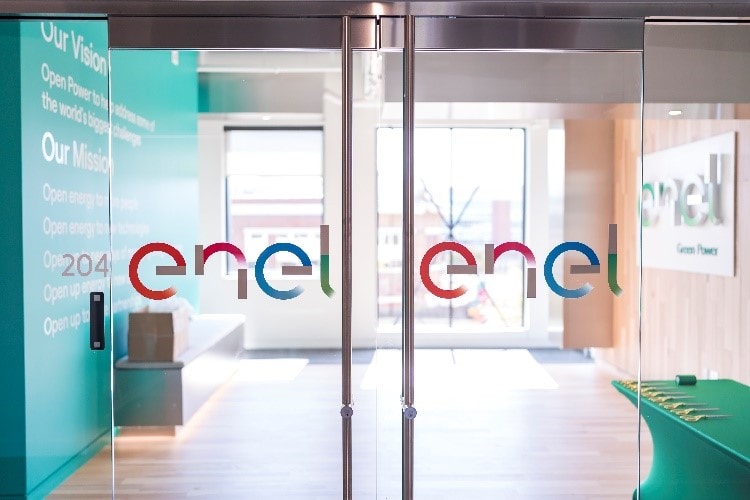Alter Eco introduces a scalable impact model to support indigenous farmers in the Global South and rural, marginalized communities with fair trade products
It can be a struggle for many companies to implement fair trade products or organic food into their business model, but for Alter Eco, a sustainable enterprise, it is just another day at the office. Being a carbon negative business focused on alternative packaging and implementing development programs, offering organic and fair trade specialty food products are just a few of the things Alter Eco does to give back to the community and to the environment. Not only does that require a close-knit group of Co-founders with the same goal and vision to be forward-thinking and progressive, but an unparalleled commitment to show consumers a new level of transparency is also needed.
Impakter spoke with Co-founder and Co-CEO Edouard Rollet of Alter Eco on scaling a business to create concrete development impacts and the sustainable ethics Alter Eco embodies.
Editor’s Note: Highlights from the interview have been condensed and edited for clarity.
What spurred you to start a mission-focused company like Alter Eco?
Edouard Rollet: We all had this really strong commitment to developing countries, marginalized communities, and our work with UNICEF in Africa, but we felt that something was missing. Even though we recognized UNICEF’s work, we found that going into a really transitional business structure, we could scale our impact.
What we all have in common is that we all worked for NGOs or non-profits in developing countries and all four of us have a passion for development, real world areas such as the Global South, social and economic justice, and food. But on top of that, we all have an MBA. Going back to the early 2000’s, social ventures were not as common as they are now, the key to doing development or any social justice work was with a NGO or non-profit. From a French point of view, bringing business into that was not the way it was. Again, this was before B-Corporation and B-Lab. It’s interesting that 14 years later people have finally recognized that you can use business as a force for good.
With business, we found we could scale up our impact. In the ’90s for example, fair trade items sold in churches and non-profits were not life changing for those communities. The only way to have an impact was volume. And the only way to have volume for food was mass retail. And supermarkets.
Working through distribution, making our products available to as many people as possible and increasing volume is really in the DNA of what we are doing. And so that’s why in France in 2002, we went with Monoprix, a 300 store chain present mostly in urban areas in France.
We immediately noticed a problem when farmers had to sell their crop at a lower price than what it costs them to produce. That’s a problem because that means the more they work, the more they are in debt. Finding a price that covers the costs of production, like fair trade coffee is doing, but also recognizing the problem and sending it to supermarkets to increase the volume of these commodities helps farmers secure their future.
Our aim was to break the cycle of debt so that’s how we came up with Alter Eco as a multi-category brand of fair trade products.
We welcome competition in fair trade.
So why focus on products such as quinoa?
E.R.: Farmers grow commodities such as quinoa, cacao, sugar, that is really what farmers grow. We source and sell the product wherever it comes from.
For example, when we started selling quinoa in 2004, no one knew quinoa and no one could pronounce the name. It was well before quinoa became popular that we met these farmers in Bolivia, and they had this great product which was exactly what we were looking for: high nutritional value, very healthy, and grown by indigenous farmers. Most of the farmers we work with are indigenous because in a lot of the developing South the most marginalized groups in rural areas are often indigenous people.
Those farmers were the poorest of the poor, cultivating a product that could have a high value in the U.S. That’s why Alter Eco came in, decided if we buy directly from those farmers and sell it to supermarkets we can shift and rebalance the value among the supply chain so farmers can get a better price for it.
And then there’s quality: we don’t sell any quinoa, we sell the quinoa aerial, the biggest grain and best quality of quinoa from an area where it has been cultivated from time immemorial from small scale farms that have 1-2 acres of land.
You really know something that comes from this culture because it has a high value, high quality, really good story, and we’re choosing to sell development products that can meet demand. In the last 7-8 years, we are really very careful to choose products at the intersection of supply and demand where we know there is going to be a high demand.
What are the criteria in sourcing the right farming cooperatives for your products?
E.R.: It truly depends. There are all types of co-ops. There are some co-ops that are 30 farmers and some with more, for example:
We were traveling in Thailand to source Jasmine rice and we discovered another variety of rice, this rice was used in this village for celebrations, symbolizing spirituality around food. We’d never seen purple rice outside of their village, so we came in with people on the ground and organizations really helping those farmers get organized as a co-op because we only work with co-ops. We believe we have the most impact, for us impact in this sense is empowerment, with co-ops because they are transparent, democratic and the farmers have their own future in their hands.
We have a cacao co-op in Peru that were all coca farmers for the drugs in the ’90s when Alberto Fujimori became president and he made drug eradication his number one objective. He partnered with the D.E.A., destroyed all the fields in the Amazon and those farmers lost their source of revenue. It was for the best because it wasn’t fun and they were working for the Shining Path and there was a lot of violence. Fujimori and the D.E.A sold the fact that they could have a more peaceful life but, they lost also their revenue and so the United Nations, actually the UNDP (United Nations Development Programme) came in and helped them transition from the coca plant to cacao. And those farmers are a really isolated, indigenous Amazonian community and they are like ,”Well, it’s great, but we don’t just want to do cacao, we want to do organic cacao.” That was the farmers choice, so they started cultivating cacao with the help of the United Nations. But then they needed people to sell this cacao, so that’s where Alter Eco came into play and started buying their organic, fair trade cacao.
Each co-op has its story with 20 – 90 people to 50 thousand people, from really strong and organized communities to others that we have helped.
In the Photo: Edouard Rollet with indigenous farmers in Bolivia. Photo Credit: Alter Eco
Your products are fair trade, organic, and follow a sustainable supply chain. What processes do you have in place to ensure that these certifications and your mission focus are consistently being met?
E.R.: Since the beginning of the company we needed to make sure that when we were claiming it was fair trade, we had the proper backup. This included tools that we developed in house, one of which we called the Fair Trade Value Reporting where we would analyze with the farmers all their cost of production from day laborers to seeds to irrigation. We would come to an agreement with the co-ops and the farmers what their cost was and then decide on a price that would cover this cost of production and allow them to invest in their future. That’s one tool we used because we couldn’t put a label on the products because there were no fair trade label for them at the time.
Similarly, we needed to travel to the co-op and make sure that we had an audit methodology in place to make sure that they were meeting standards in terms of economic, environmental and social performance. So, every year we would go and measure that.
Our objective is to ensure that what we are saying is actually what we are doing. And of course now if you look at our packaging labels, you’ll see we are still regularly visiting and monitoring those co-ops, but we also have what we call our “Christmas tree” of certifications: a fair trade certification, an organic certification, a non-GMO certification, and we are carbon-neutral. So, we have also those certifications which is good because they are conducted by a third party. If we expect that from the big ones [corporations], we should apply it to ourselves.
Does mono-cultivation ever occur in these areas and if so, are there any techniques that Alter Eco is using in their training to help the farmers stabilize the land, prevent erosion, and preserve biodiversity?
E.R.: We have programs to reward the farmers to incorporate inter-cropping and the benefit of that is that it increases the yield of the crop such as cacao, so it’s a win-win for everybody. The second is how the co-op in Thailand or in the Philippines all have communal gardens where they cultivate their own vegetables and fruits.
In the case of quinoa from Bolivia, the cultivation is really high up in the high deserts, about 13,ooo feet above sea level, and it’s beautiful, it’s around the foot-side of the volcano, and surrounded by salt lakes. So, there’s not a lot that grows there. Potatoes, some beans, quinoa, and llamas. The problem that we raised 7-8 years ago, when we saw that quinoa was really starting to grow, was that those soils are very fragile and exposed to erosion. If you don’t monitor and manage them, then it can go crazy really quick, because the farmers are really poor and want to increase their revenue. That means, that instead of respecting the land, the soil is losing its yield in just a few years. Additionally, cultivating where there’s a lot of exposure to the wind is also a problem and so we set up a whole program where we mandated that for each hectare of cultivation of quinoa, they have 7 llamas because the llamas provide the organic manure which is good for the soil. Llama and quinoa are like the ying and yang of high mountain agriculture.
And, that’s really important because you don’t want the quinoa boom to be responsible for yields that are so bad that those communities are back to square one.
In the Photo: Farmers cultivate quinoa in Bolivia. Photo Credit: Alter Eco
Can you tell me more about the insetting program Alter Eco implements in order to be a carbon negative business and the PUR project?
E.R.: Tristan, one of our co-founders, flew to Peru and discovered all of this primary forest, like forest that has never been cut before, was being cut down. By whom? The farmers we had been working with. At times, small-scale farmers have to cut the forest because they need it to cultivate food to survive.
We knew we were emitting CO2, moving boats and containers from Switzerland to Australia to the U.S., and knew we had a sizable carbon footprint, so we thought of a way to work with those farmers in the Amazon.
We calculate our emissions and then we finance farmers so that they can replant trees and maintain them for 30 years. In 30 years, when they sell those trees, that is going to provide them with funds for their retirement. While it’s deforested, we are reforesting. We don’t just calculate our direct emissions but the whole life cycle of the product. This includes emissions where we are not directly responsible, like how much light our products use to be sold in supermarkets – the full scope of GHG protocol 3.
Related article: “AN ACCELERATOR WITH A DEVELOPMENT IMPACT”
We call it insetting. Because we offset our emissions within our supply chain. The farmers who have replanted, are creating a reality that is tangible and the benefit is incredible. On top of that, we found that when we plant trees within those parcels, for cacao for instance, the yield is multiplied by two or three, meaning that when you plant trees, the cacao is even healthier. The program became bigger than Alter Eco because it got a lot of traction and so that’s why Tristan decided to focus on this program which we call the PUR Project and is now a spin-off of Alter Eco, doing the work of offsetting insetting for Ben and Jerry’s Ice cream, Nespresso coffee, to name a few. And we’ve planted millions of trees within co-ops and agricultural supply chains.
I mean it’s nice at Alter Eco, we grow and it’s all great, but if you really want to create change you need the big corporations on-board. You need the Nestle’s of the world to start moving just because of the scale and the urgency. We don’t want to keep fair trade or reforestation for ourselves. We are actually pretty happy for other people to jump on the bandwagon.
With some of your products, you have created an alternative to polyurethane packaging. What is the story behind this?
E.R.: We kept thinking it’s great that we are selling fair trade, organic food but we sell those in plastic petroleum pouches that are going to millions of consumers. These pouches are going to go to the landfill that are going to be there for a thousand years. How can we call ourselves sustainable? Over the last 7-8 years, we’ve been looking for a solution. We developed a patent internally to sell a standard pouch that is made with no petroleum, no GMO, and just birch, eucalyptus and just a little bit of non-GMO corn. It was a really hard, long, and difficult road. We call it “Gone for Good” and now all our quinoa is sold in this packaging.
You can put it in your backyard and it will disintegrate over time. Our chocolate truffles are in the same wrapper and you can put it in your flower pots or in your front yard and you will see it going away in four weeks.
The idea is that people start to align their value with the whole product inside, including the packaging. You have to consider packaging as an ingredient; in a way, it’s a live ingredient with a shelf life.
We share all the information with other companies as well as our competitors because our goal is to have companies use this material so the more companies use it, the less impact food companies have on a landfill. This packaging is still pretty expensive compared to plastic and we need more companies to join to get the price down.
What impact do you want Alter Eco to have in the world?
E.R.: We want people to change the way they think about food. We are bombarded by commercials where you have to get more and more and there is so much waste, we buy more than we need. We think that value comes from the quality and that starts by connecting consumers to the farmers.
Changing the way people think about business. That business can be a force for good is really important. That’s why we are so involved with B-Lab and B Corporation. We were one of the first companies to become a public benefit corporation in Delaware so that’s really something that is driving us.
And, changing the way people think about the Global South and developing countries. When we spend time with the farmers, we spend a lot of time with them and they become like our brothers and sisters. We realize they have nothing. They earn a dollar or two a day and live in very simple houses. When we go there, they share their home with us. We are more worried about paying our credit cards while those people have nothing. But, they give all they have: generosity, simplicity. We have so much to learn from indigenous and rural communities in the Global South. In some ways, when we try to reconnect our customers to where the product comes from, I think it is really important to reestablish this link with the value of those cultures.
Recommended reading: “WE WENT TO THE AMAZON AND MET THE PEOPLE HELPING PRESERVE THE RAINFOREST BY MAKING SNEAKERS”









